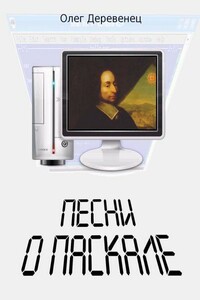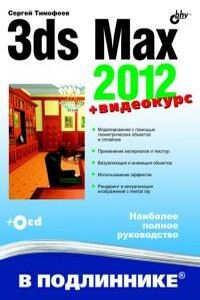The Official Radare2 Book | страница 30
| pf.obj xxdz prev next size name Define the obj format as
xxdz
| pf obj=xxdz prev next size name Same as above
| pf *z*i*w nb name blob Print the pointers with
given labels
| pf iwq foo bar troll Print the iwq format with
foo, bar, troll as the respective names for the fields
| pf 0iwq foo bar troll Same as above, but
considered as a union (all fields at offset 0)
| pf.plop ? (troll)mystruct Use structure troll
previously defined
| pfj.plop @ 0x14 Apply format object at
the given offset
| pf 10xiz pointer length string Print a size 10 array of
the xiz struct with its field names
| pf 5sqw string quad word Print an array with sqw
struct along with its field names
| pf {integer}? (bifc) Print integer times the
following format (bifc)
| pf [4]w[7]i Print an array of 4 words
and then an array of 7 integers
| pf ic...?i foo bar "(pf xw yo foo)troll" yo Print nested anonymous
structures
| pf ;..x Print value located 6
bytes from current offset
| pf [10]z[3]i[10]Zb Print an fixed size str,
widechar, and var
| pfj +F @ 0x14 Print the content at
given offset with flag
| pf n2 print signed short (2
bytes) value. Use N instead of n for printing unsigned values
| pf [2]? (plop)structname @ 0 Prints an array of
structs
| pf eqew bigWord beef Swap endianness and print
with given labels
| pf.foo rr (eax)reg1 (eip)reg2 Create object referencing
to register values
| pf tt troll plop print time stamps with
labels troll and plop
Some examples are below:
[0x4A13B8C0]> pf i
0x00404888 = 837634441
[0x4A13B8C0]> pf
0x00404888 = 837634432.000000
Valid print code formats for human-readable languages are:
• pc C
• pc* print 'wx' r2 commands
• pch C half-words (2 byte)
• pcw C words (4 byte)
• pcd C dwords (8 byte)
• pci C array of bytes with instructions
• pca GAS .byte blob
• pcA .bytes with instructions in comments
• pcs string
• pcS shellscript that reconstructs the bin
• pcj json
• pcJ javascript
• pco Objective-C


